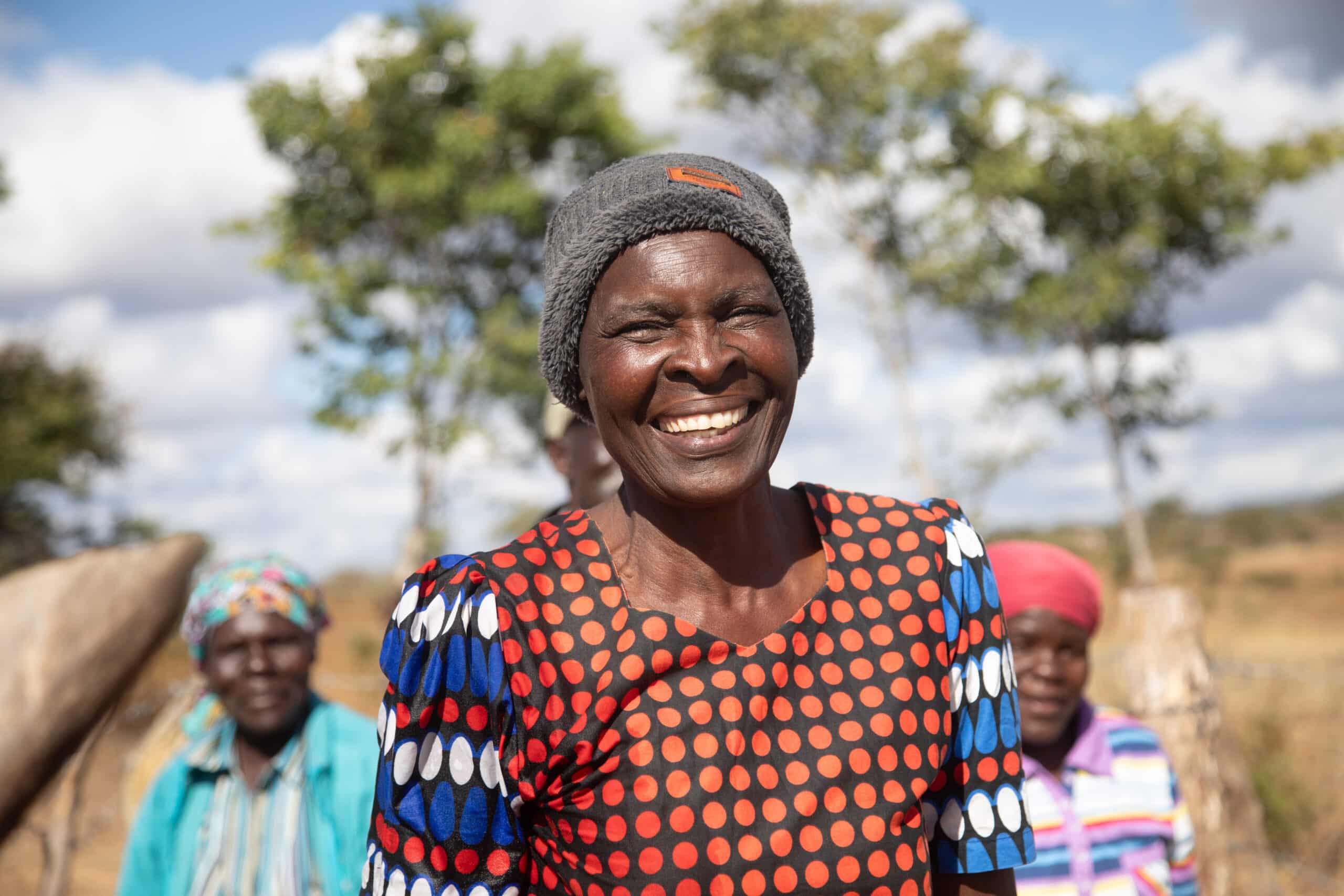In Zimbabwe, women walk long distances to find the cleanest water they can use, but it’s still dirty, taken from local rivers or hand-dug wells. This is common when villages in Zimbabwe do not have a borehole.
Walking to collect water is an exhausting journey that Otilea and her friends must undertake. “It’s left to the woman who is [already] overwhelmed by other things,” Otilea explains. She has known all her life that this is a task for women and girls. “It doesn’t matter how far the water source is; she [woman] will strive to get there to fetch it,” she says.
Fetching water is a challenging task, even when accompanied by friends. Women dedicate most of their time to collecting water, often putting themselves at risk. Even children (both boys and girls) will sacrifice their education and school attendance to assist their mothers. It is essential for survival.
Women take pride in collecting water for their families. However, Otilea mentions that if the women complain, the men goad them and tell them to “stop complaining” about the distance they walk. It is the woman’s duty and joy as wives to take care of the household. Which includes fetching water for drinking, bathing and chores.
Gender expectations are clearly defined. A man does not usually take the journey to fetch water unless their wife is sick, they are helping an elderly parent, or they may not be married. Otilea knows that the long journey is not something people look forward to do. “When something is out of reach, no one wants to take it on,” Otilea explains.
Showers of Blessing installed a borehole in Otilea’s village. With safe water now in the village, she noticed big changes in her community.
Firstly, she noticed they were drinking clean water! Having the water close by reduced physical strain and exhaustion for the women. Health, livelihoods, and education improved, and gardens were established.
After installing the borehole, the men became interested in helping and started to collect water. “We’ve noticed a change, as our husbands now offer to fetch water for us,” Otilea said happily.
Samson, Otilea’s father, is thankful for the borehole, “We were relieved when you did this for us, so that we could access water close to our homes,” he said. Samson, who is 102 years old, relies on his children to collect water for him. He is now advocating that other villages near him get a borehole.
The challenge of obtaining water has been overcome. Collecting water is now easy, the water is ‘no longer out of reach’. With a borehole in the village, everyone can put more time into other activities.
“These days, they [men] are running around with wheelbarrows and carts”. Otilea said that the men enjoy transporting the water to maintain their new community gardens and can give extra water to the animals.
“And it [the borehole] makes us happy because we won’t run out of water,” she shared.
Because of the reduced time to collect water, family relations have improved. There is a relaxed atmosphere in the village because the women now have more time to spend with their families and everyone can build stronger relationships with each other.
Otilea finds immense joy in witnessing the positive change in her community. Safe water close to home has started to restore everyone’s quality of life, happiness, and well-being.
Water should be in reach for everyone. You can help end the daily struggle of women like Otilea. Donate to Safe Water September today at www.safewaterseptember.org.au

Showers of Blessing’s project is supported by the Australian Government through the Australian NGO Cooperation Program (ANCP).
